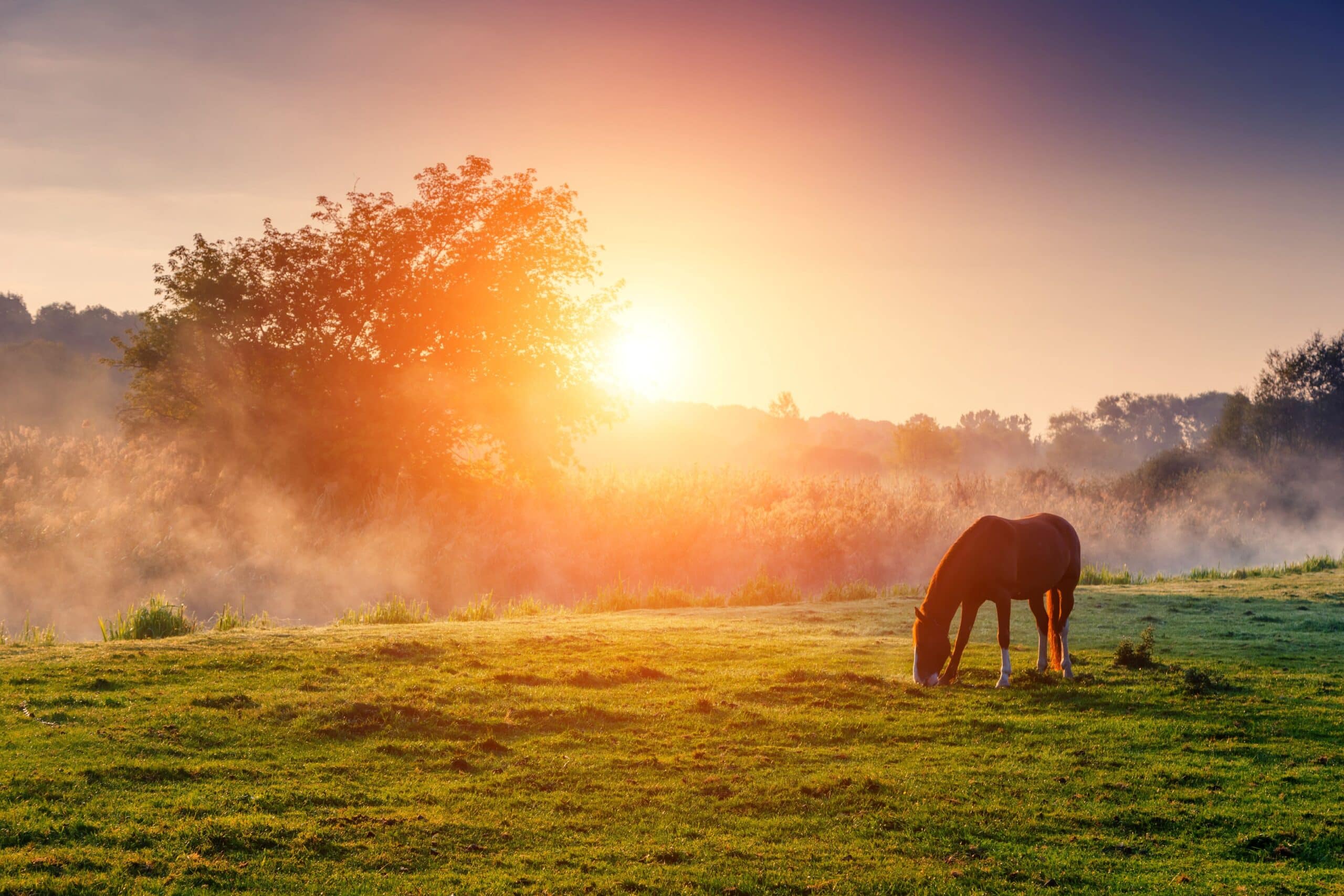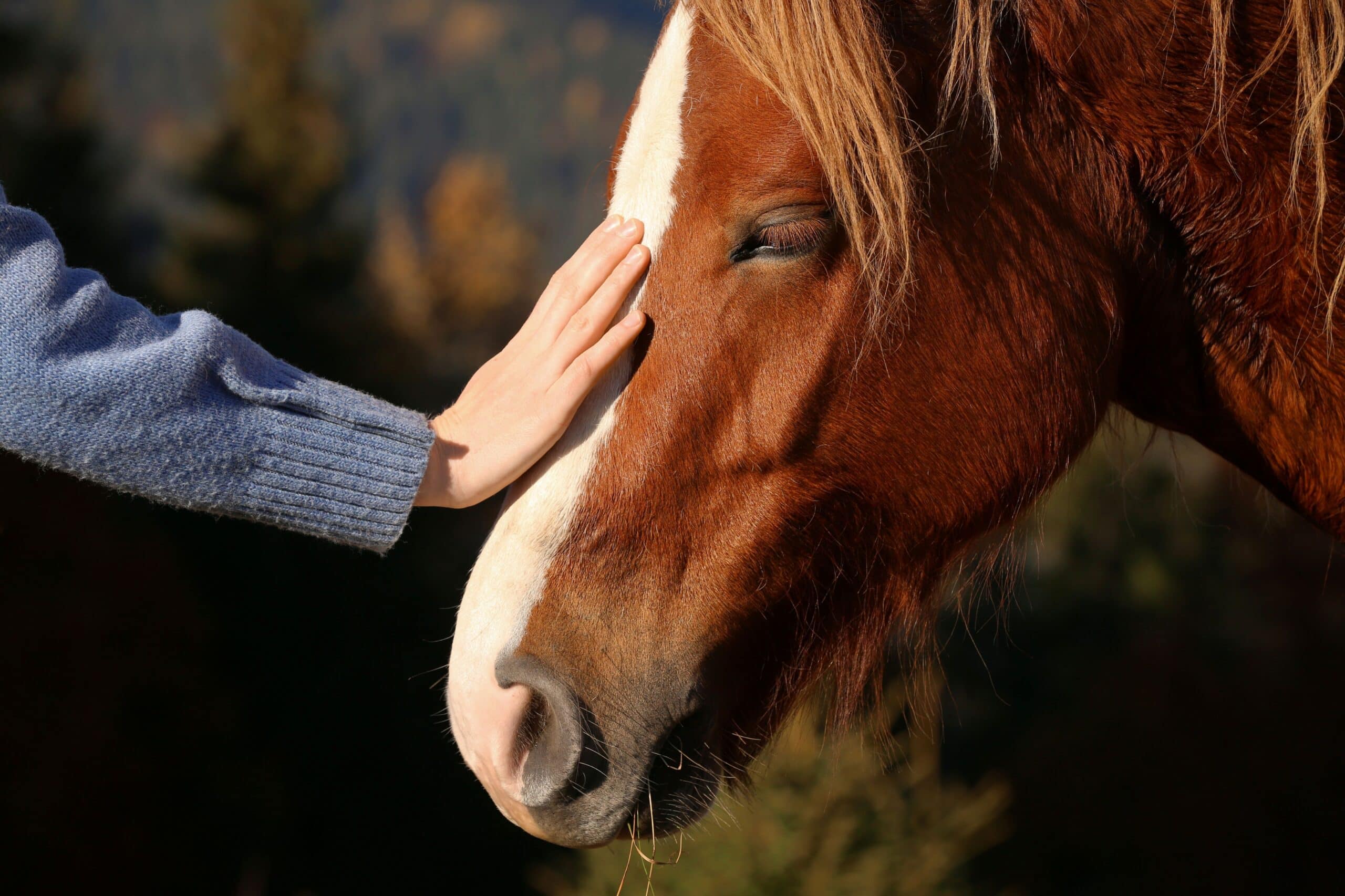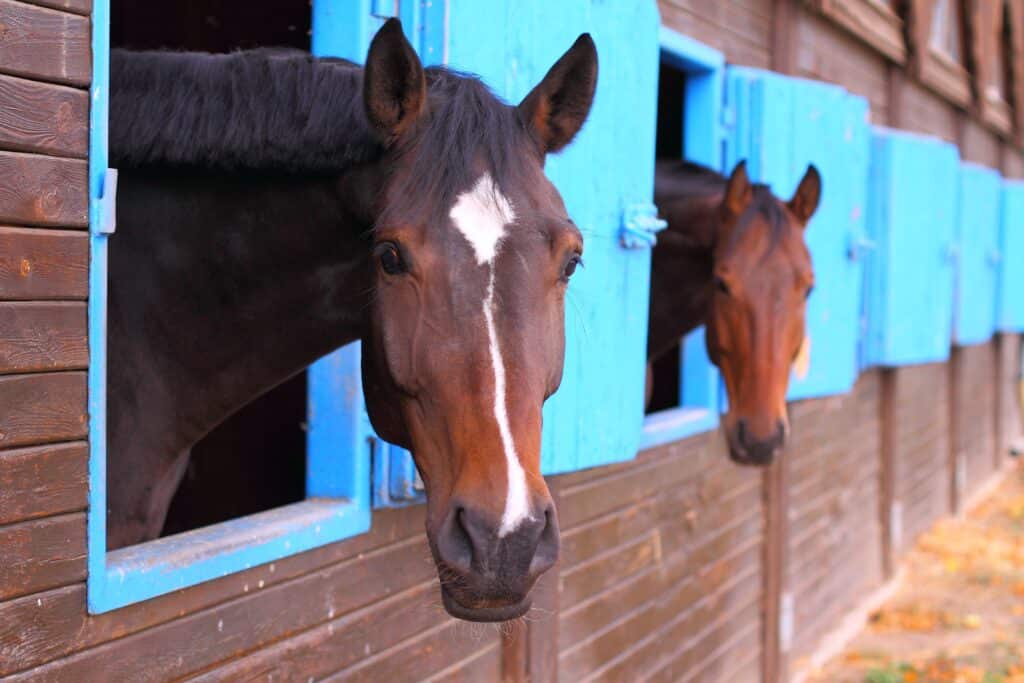Anyone searching for hunter jumper horses for sale is facing a decision that requires more planning and foresight than just choosing the right horse. Buying a horse isn’t simply about liking what you see. The real challenges usually begin before the horse even arrives: lack of adequate space, underestimating the long-term costs, or having unrealistic expectations. This article outlines the key points every future horse owner should clarify in advance—covering stable facilities, financial responsibilities, and personal goals. Good preparation doesn’t just protect your time and money; it safeguards the well-being of the horse.
Location Matters: Facilities, Space, and Daily Routines
Before choosing a horse, you need to secure the right environment. Horses require space—both physical and mental. If you don’t own land or a barn, boarding is the only option, and not all stables are created equal. Differences in structure, hygiene, feeding schedules, and staff qualifications are huge. That’s why you should always visit facilities during regular operation—not just on open days or by appointment.
A clean, well-run stable with solid infrastructure is worth more than fancy photos on a website. What matters are dry, well-bedded stalls, regular access to turnout, safe fencing, and a feeding routine that meets the individual needs of the horses. Also critical: indoor and outdoor riding areas, paddocks, proper manure disposal, and proximity to your home or work. If you can’t get there easily several times a week, it will become a burden quickly. Don’t overlook practical logistics—they’re just as important as the riding itself.
Budget: Realistic, Not Romantic
A common mistake? People budget for the purchase, but not for the rest. The actual cost of horse ownership lies in the long-term care. A horse generates consistent monthly expenses—from boarding fees to medical treatments and equipment—and you’ll also face irregular, unpredictable costs like emergency vet visits or gear replacements.
Typical monthly cost overview:
- Boarding (incl. feeding and mucking out): €350–600
- Farrier (every 6–8 weeks): €50–150
- Vaccinations, deworming, minor medical care: €20–80
- Liability insurance: €10–15
- Equipment and maintenance (saddles, rugs, etc.): variable, yearly total divided monthly
Besides these basics, always calculate a buffer for unexpected treatments, rehabilitation, or extra lessons. Keeping a horse on a tight budget might seem possible at first, but when costs rise or problems occur, it’s often the horse that ends up paying the price. Financial stability is the cornerstone of responsible horse ownership.
Personal Goals: Honest and Concrete
The dream of owning a horse is often built on emotion—but reality kicks in quickly. Do you want to compete, or just ride casually? Are you disciplined enough to train regularly, or is your time limited by work and family? These aren’t minor questions—they define what kind of horse, and how much responsibility, you’re actually ready for.
Many buyers overestimate how much time and energy they can dedicate. Being a horse owner means dealing with early mornings, cold weather, and setbacks. If your lifestyle or motivation doesn’t support that commitment, you’re setting yourself up for frustration. A horse isn’t there to solve your schedule—it becomes part of it.
Horse Compatibility: More Than Looks
Not every horse suits every person, and it’s a serious mistake to believe you can grow into an animal’s challenges. Temperament, training level, age, and even breed-specific traits must match your current skill and confidence. An inexperienced or tense rider will not thrive with a highly sensitive or green horse—just as a laid-back beginner-friendly horse might frustrate an ambitious competitor.
Some horses require special care due to allergies, hoof issues, or behavior quirks. That kind of commitment shouldn’t be taken lightly. Before buying, get independent advice from someone with a trained eye. A proper match between horse and rider isn’t about perfection—it’s about balance, suitability, and realism. Emotional decisions often lead to mismatches. Rational ones protect both sides. This is especially important when considering hunter jumper horses for sale, where temperament and training must match both the rider’s skill and ambitions.
Responsible Planning Starts Early
Horse ownership is a responsibility from day one—not from the moment you ride. It requires stable routines, a support system, and fallback plans. Who steps in when you’re sick? What happens during vacations or work overloads? Do you have access to reliable help and trustworthy professionals?
You should also think about basic logistics: What if the stable closes? What if the horse becomes unrideable? Having a plan B isn’t being pessimistic—it’s being prepared. A horse is dependent on your ability to respond, adjust, and stay committed under changing circumstances. Good horse care starts long before you saddle up.
Long-Term Commitment: More Than a Project
A horse is not a hobby that fits neatly into a timeline. It’s a long-term relationship—one that evolves over years. Horses age, develop new needs, and eventually slow down. Your life will also change: moving houses, starting a family, shifting career paths. Each of these can alter your ability to provide care, time, or money.
Too many horses are sold, abandoned, or passed along because what began as a well-meaning project became inconvenient. If you’re buying a horse, think of it as a living companion with a future, not just a riding opportunity. That mindset protects against short-sighted decisions—and helps ensure that the horse stays safe and cared for when things change.
Good Preparation Pays Off – For Both Sides
A horse brings strength, freedom, and a unique bond—but only when the foundation is solid. If you’ve thought through the space, budget, and your true goals, you’re not only protecting yourself—you’re also doing right by the horse. Planning isn’t bureaucracy. It’s how you prove that your enthusiasm is backed by responsibility. The horse deserves it—and so tun you.
Photo credit: Aintschie, Leonid Tit, New Africa/ Adobe Stock

